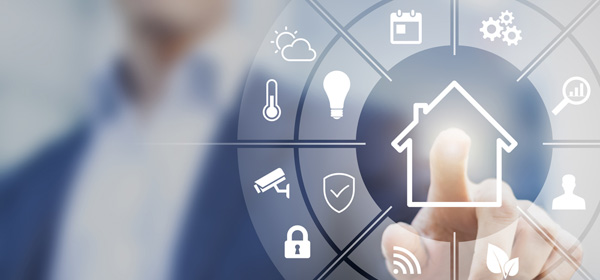Homes are getting smarter and people are seeking to stay in their own homes longer.
Irons already turn themselves off if they haven’t been moved for a certain time, microwaves beep to remind us of items that have been heated or defrosted, oven timers shout on cue, fridge doors alert us when they’ve been left open.
But what are the lesser-known tech advances that are in use or on the drawing board to help keep us safe at home?
1. Fire is one of the greatest risks in the home, which makes the kitchen a hotspot. Smart homes are equipping the oven/cooktop with a sensor linked to a device placed at the front door. If the occupant leaves the house and has left the oven or cooktop on, the device blinks and plays sound as he or she leaves.
2. Another device for the kitchen connects the oven/cooktop to a sensor elsewhere in the home and to a smart phone app. The sensor will automatically turn off the oven if it no longer detects motion around the appliance after a set period of time. The oven can also be turned off using a smart phone.
3. Smart flooring was developed in Finland in 2008 and the technology is available across the globe. The smart floor is described as ‘the invisible helper’ and uses sensor technology to identify the location and movement of the resident across the floor. If there is a fall, an alarm will be raised automatically with a designated carer. “The system also provides precise information on changes in the daily routines of the resident,” the manufacturer says.
4. It’s easy to forget whether medications have been taken but there are devices to help. Automated dispensers flash to remind users to take their pills. They follow up with a beep if the medicine is still not taken. Next, they call the user’s smart phone and, as a last resort, a nominated caregiver or family member will be notified.
5. Technology extends to robot walking sticks, internet-connected hearing aids that can be controlled with a smart phone and under-the-mattress sensors that monitor breathing, heart rate, sleep patterns and stress.
Do you know of any tech that could extend your stay at home? Do you, or does anyone you know, have any experience with this type of technology?
Related articles:
Five ways tech will change ageing
Seven kitchen organisation tips
Food safety at home

